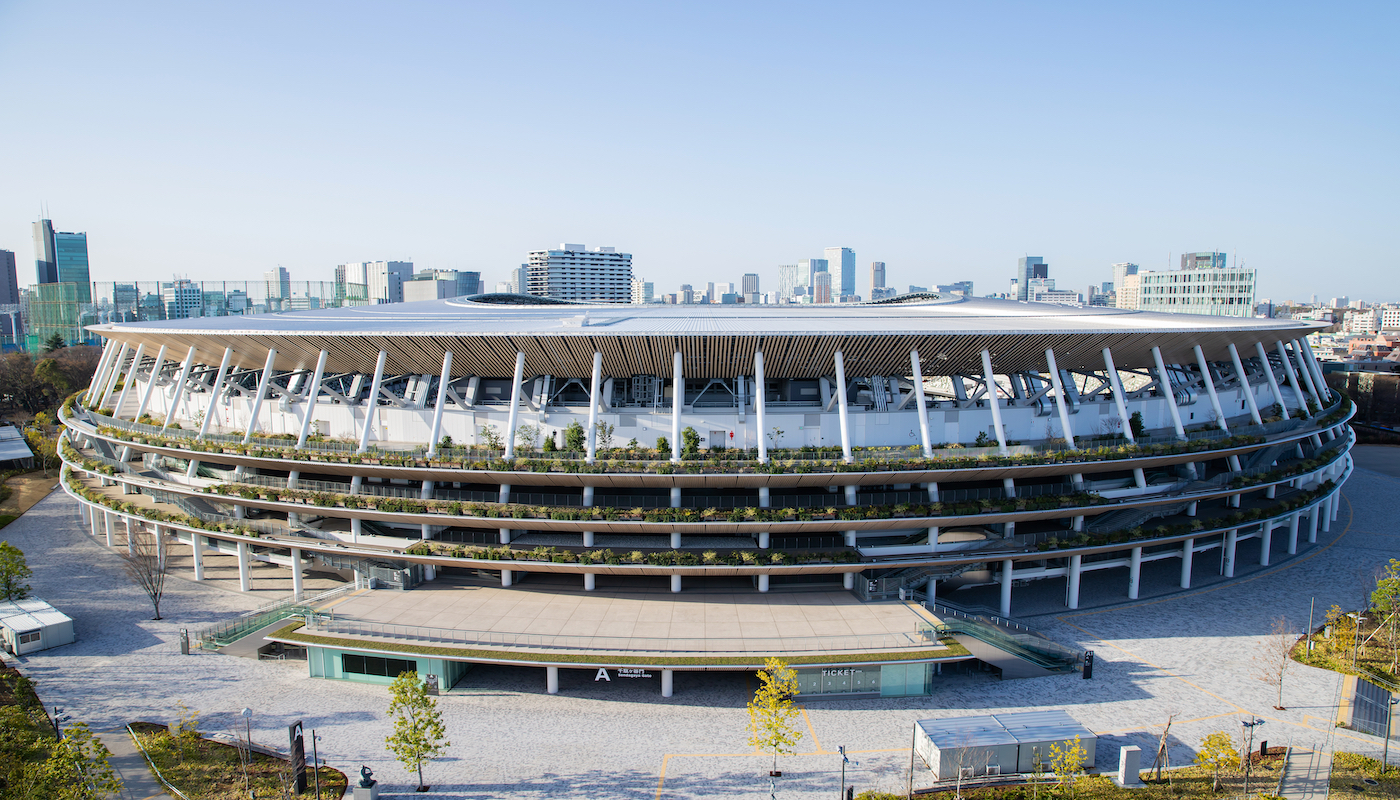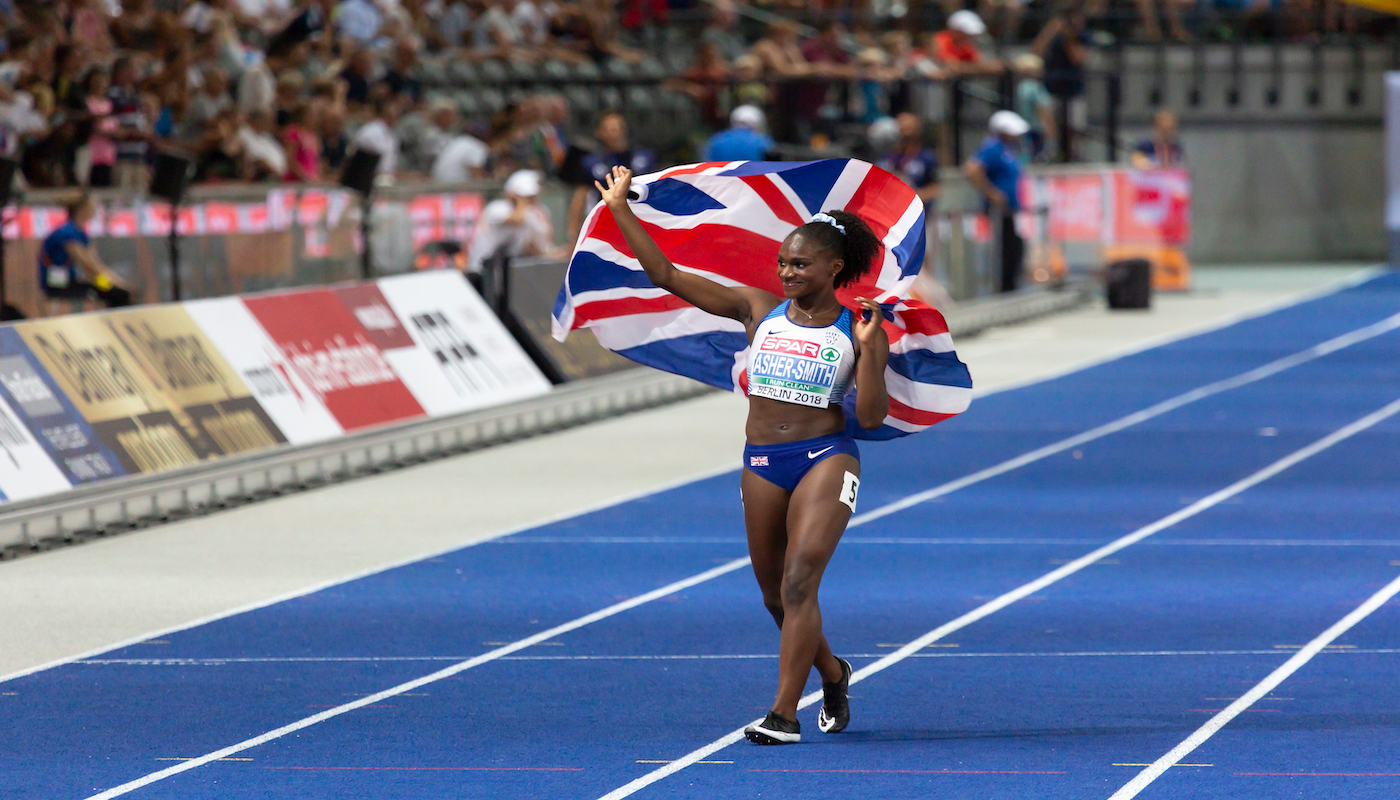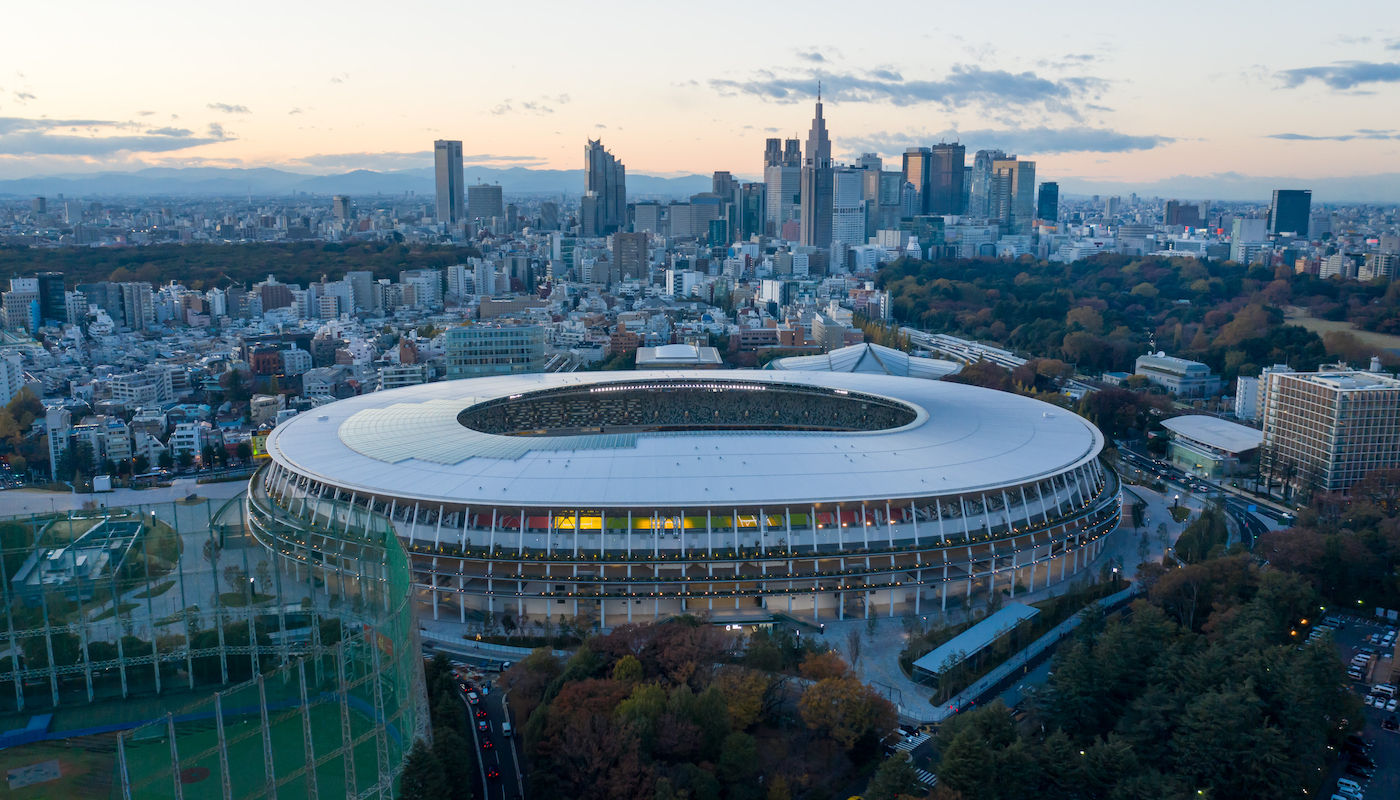This website uses cookies so that we can provide you with the best user experience possible. Cookie information is stored in your browser and performs functions such as recognising you when you return to our website and helping our team to understand which sections of the website you find most interesting and useful.
The road to Tokyo: a look at 2021’s highly anticipated Olympic Games
By Tempus | 28 June 2021 | Sport
As the countdown to the delayed Tokyo 2020 Olympic Games begins again, we take a look at the many hurdles faced in the race to the starting line.

As the most highly anticipated sporting event in the calendar, the Olympic and Paralympic Games are without peer, even through difficult times.
Indeed, when one looks at range of disciplines and the line-up of athletes preparing to defend their records (or set new ones) at the Tokyo 2021 Summer Olympic Games – from Sir Mo Farah and Dina Asher-Smith to Simone Biles and Novak Djokovic – as well as the young stars ready to make their names on the tracks and in the stadiums, the level of competition creates an instant swell of excitement like no other.
Tokyo was originally selected as the host city of 2020’s 32nd Olympiad in 2013 – marking the Japanese city’s second time hosting the games – and expectation was high from the start.
Five new Olympic sports were to be introduced – surfing, skateboarding, sport climbing, karate, baseball and softball – as well as new competitions including 3×3 basketball, freestyle BMX, and madison cycling.

But the path to Tokyo has by no means been smooth. The country’s Olympics organising committee was initially headed up by former Japanese prime minister Yoshirō Mori, who was succeeded by politician and former Olympic athlete Seiko Hashimoto in February 2021.
In preparation for the games, Tokyo’s National Stadium – which was also the central venue for the 1964 Olympics – began a 252bn ( 1.64bn) renovation led by Zaha Hadid Architects, which, due to rising costs, was later scrapped in favour of a 157bn (1bn) design by Kengo Kuma.
And then came Covid-19. Concerns about whether the Olympics would be able to go ahead against the backdrop of what would, within weeks, prove to be a truly humbling pandemic were raised as early as January 2020, yet the International Olympic Committee (IOC) and Tokyo organisers refused to publicly consider the postponement of the games until March of that year.
RACE TO THE FINISH
Finally, on 24 March, Japanese prime minister Shinzo Abe announced that the Olympic organising bodies had agreed that the games would be delayed for the first time in its history.
“We agreed to hold the Tokyo Olympics and Paralympics in the summer of 2021 at the latest,” said Abe. “In order to hold the Tokyo Olympics and Paralympics in a complete form as a proof of a victory by human beings against the coronavirus infections.”
The postponement of the Olympic Games was met with varied reactions from athletes, many of whom made drastic changes to their training regimes to adapt to global lockdowns and isolation.
They will no doubt be relishing the opportunity to get into the stadium for the opening ceremony – which takes place on 23 July at 8pm local time (noon GMT) – and end the long wait to compete.

But it may be a different atmosphere at the starting line for athletes this year, as there will be no home-crowd support from overseas fans in the usually crowded stadiums – particularly as many locals object to holding the Games during its current spike in Covid-19 cases.
The decision on whether to allow Japanese fans to attend in person will be made on 23 July – the day before the first events – and therefore it seems likely that sports stars will perform to empty venues.
This, of course, is expected to create an additional 500m loss in revenues from spectator spending, to add to the financial considerations of a delayed Olympics. Originally expected to cost $7.3bn USD, current expert estimates put the costs of the Olympics at a possible $26bn, with costs rising further due to adding Covid-secure measures within the stadiums and Olympic Village alike.
But, despite the difficulties and doubts from Tokyo locals, there is no denying the buzz that surrounds competitors and fans alike as the Olympic torch makes its way across Japan’s 47 prefectures. With 339 events in 33 sports taking place, the IOC is “moving full ahead”, promising that our summer of sport will – hopefully, finally – return in record-breaking style.
Spokesperson Mark Adams said in May: “I think that you will see, when [the Olympics] do go ahead and when there is an amazing moment, that will also be reflected in public opinion.”
The Tokyo Olympic Games is expected to run 24 July to 8 August, followed by the Paralympic Games from 24 August to 5 September. olympics.com







